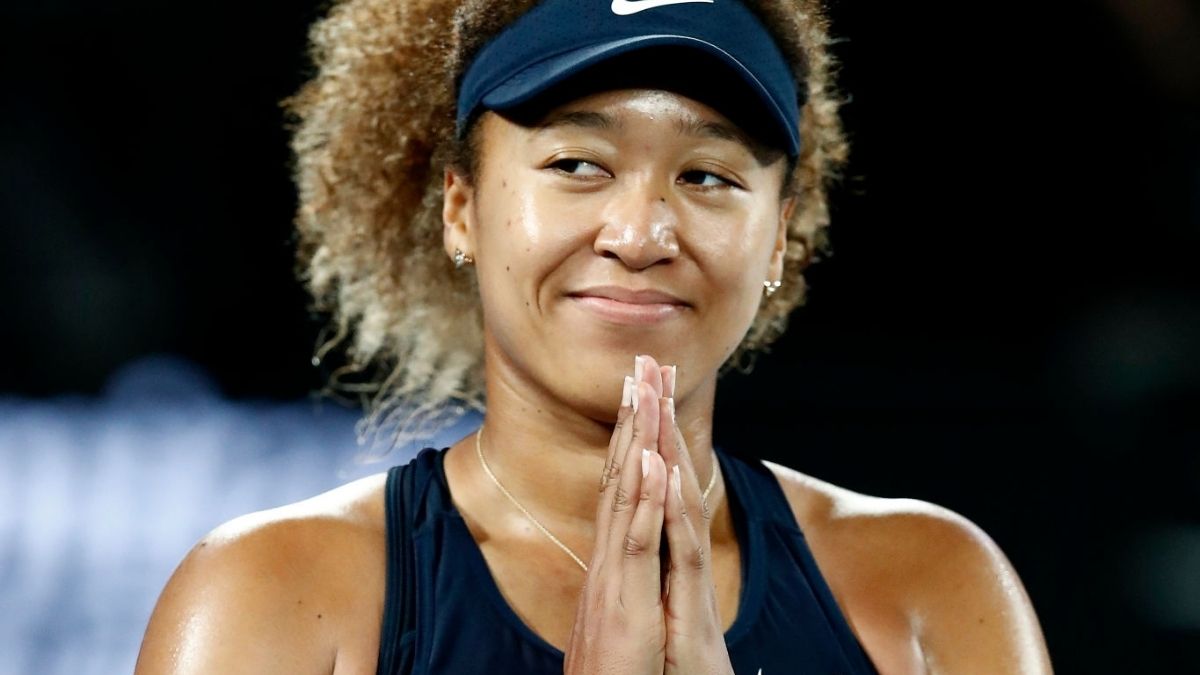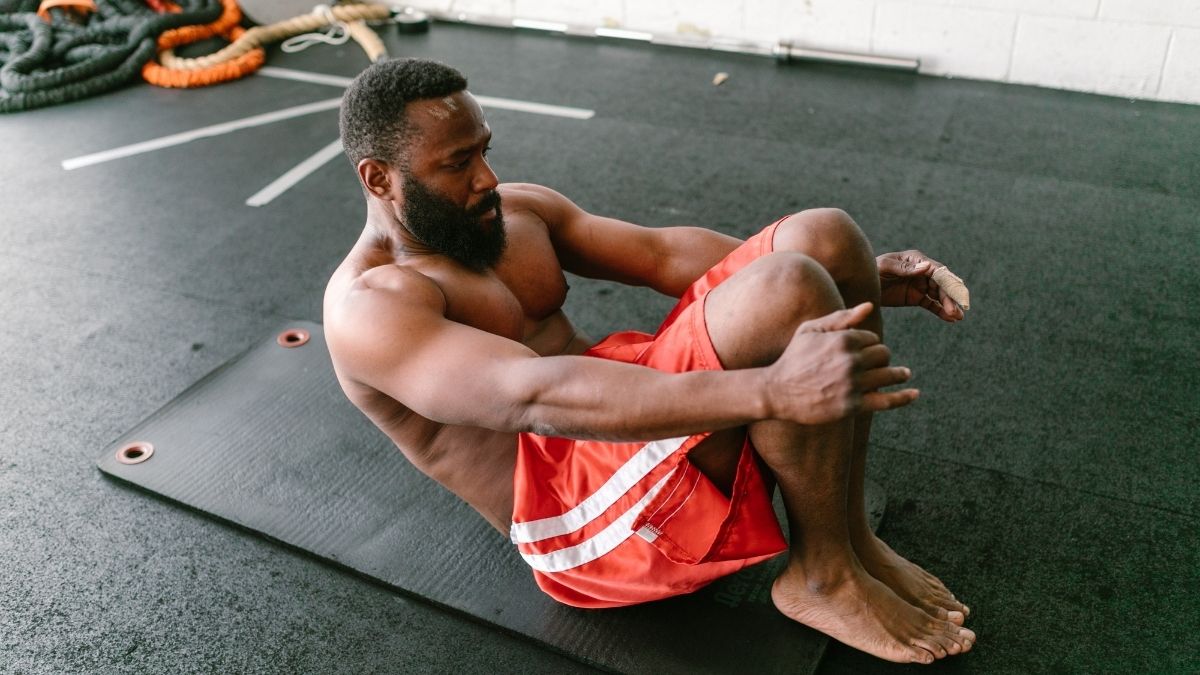
Mental Health Issues in Sports
Many different injuries can present themselves in sports: broken bones, pulled muscles, and head injuries are just the start. And while all of these can show up on a scan or an x-ray, they are not the only injuries athletes suffer from. Mental health is a major concern in the world of sports, and one that is often overlooked or suppressed, especially in the media.
Athletes, like any other person, can suffer from mental health concerns, anxiety, depression, PTSD, and so on. According to Athletes for Hope, only 10% of college athletes with a mental health condition get help and as many as 35% of professional athletes suffer from these conditions as well. So why aren’t these conditions of any concern in the media? Audiences reach out with compassion and sympathy when they hear an athlete has injured themselves beyond being able to play, recognizing that the player has done everything they can to make the game go on. Why are mental health issues not met with the same concern and treatment?
Players are given appropriate time off to heal and recover when they break a bone, tear a muscle, need surgery, or the like. But the same considerations are not extended when a concern for mental health comes into play. All of a sudden, these needs and the actions required are viewed as selfish or seen as giving in as if they are ducking out the easy way when in reality, they are taking care of themselves, as they would for any physical injury.
What to Buy: KOA+ROY Massage Cube
A recent news story focuses on the actions of Naomi Osaka dropping out of the French Open to care for her mental health. According to an article in the New York Times, Osaka’s withdrawal from the competition followed her decision to skip a press interview after one of the rounds. This decision was met with a fine of $15,000 and threats of other ramifications. Osaka’s omission of the interview was enacted to protect her mental health. She spoke to the media about her dealings with depression and how the interviews added to that as well as her anxiety. The response to this act of self-care prompted Osaka to step away from competing without a set date for her return.
Osaka is not alone in her defense of mental health amid a sports career. Athletes such as Michael Phelps, Kevin Love, and many others deal with the daunting task of caring for mental health while competing, and have spoken out about the struggle. The Michael Phelps Foundation promotes healthy living of both the physical and the mental kind on their website and offers resources. The Today Show interviewed Kevin Love about his struggle with anxiety and depression and why he came forward to share these struggles with the world. Osaka is not alone in her fight to defeat the stigma of athletes with mental health concerns.
Related articles: Are Sore Muscles A Good Sign?
Related articles: Home Remedies For Body Pain and Tiredness
Part of the pushback that athletes get regarding mental health, is the seeming paradox that comes in the relationship between exercise and mental health. A good exercise is supposed to combat anxiety and depression, releasing chemicals in your brain that ease the pain of these conditions. While exercise can certainly help your mental health, it is not the cure-all. Emma Vickers wrote for Believe Perform on how exercise does not make athletes immune to any mental health struggle. Anxiety, depression, and other mental illnesses are not issues that you can simply put up with, like a task you are less than enthusiastic to accomplish. Mental health is an ongoing process, one that requires dedication to stay on top of. Sometimes this means making difficult decisions, like saying no when it isn’t easy or you fear you will let someone down.
Osaka has not had an easy time of it in the media or with those in charge of her career. Other tennis players offered their sympathies, but also made it clear that the media is something everyone needs to put up with; that it comes with the territory. This outlook provides little hope for those who suffer from social anxiety, whose only desire is to play the game and to play it well.
Mental health in sports has a long way to go before it appropriately considers that not all athletes have the same level of tolerance for the intense scrutiny that comes with a career in sports. The necessity for the media to be front and center in these careers can be immensely damaging to those involved. While some level of the spotlight comes with the territory of being a celebrity, it need not be forced on anyone with no thought for the mental health of those involved. Mental health concerns are just as real and require just as much healing as any other injury.
Written by Sharayah Hooper
Photo Credit: Naomi Osaka/ Getty Images/ Darrian Traynor/ Stringer




Leave a comment
This site is protected by hCaptcha and the hCaptcha Privacy Policy and Terms of Service apply.